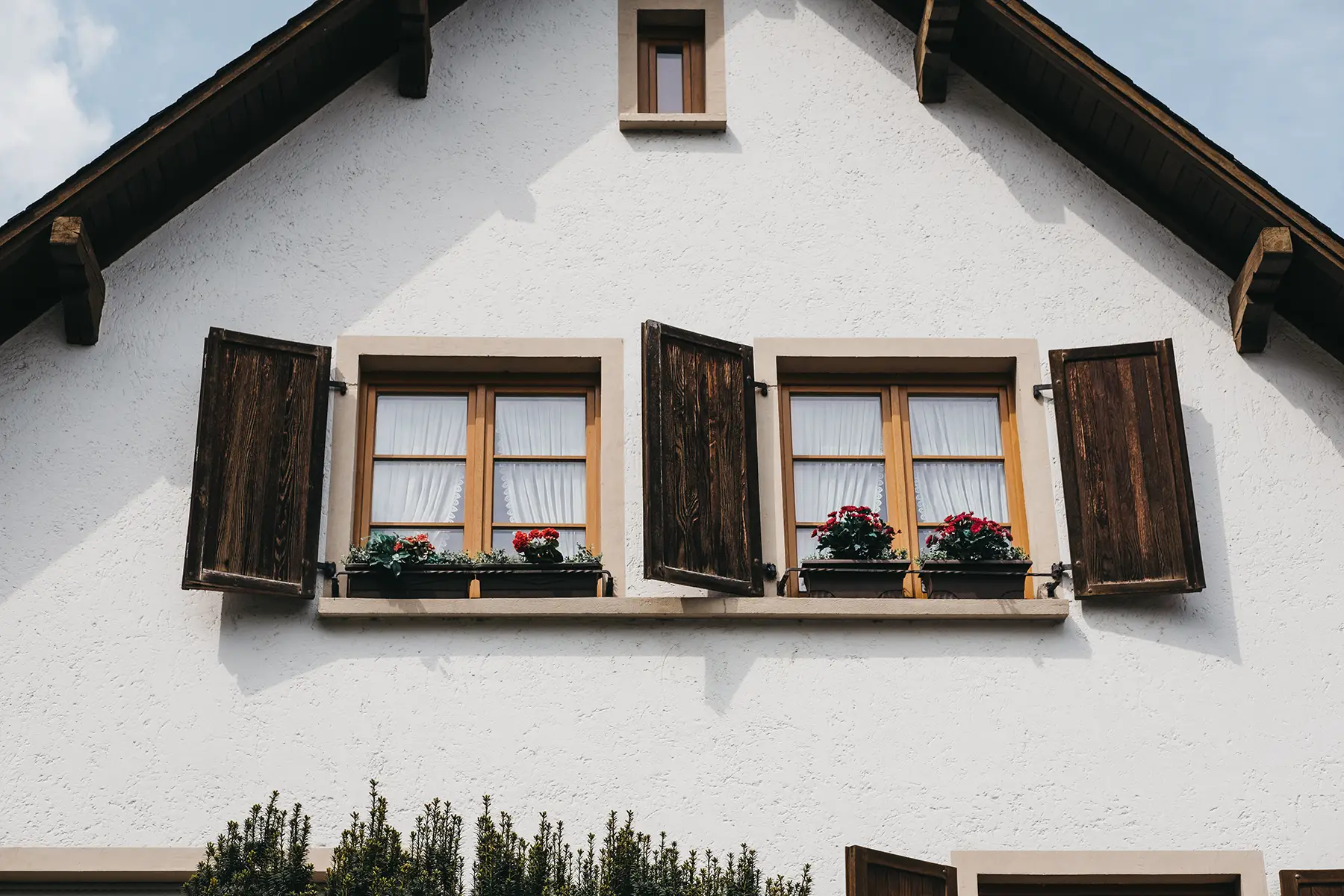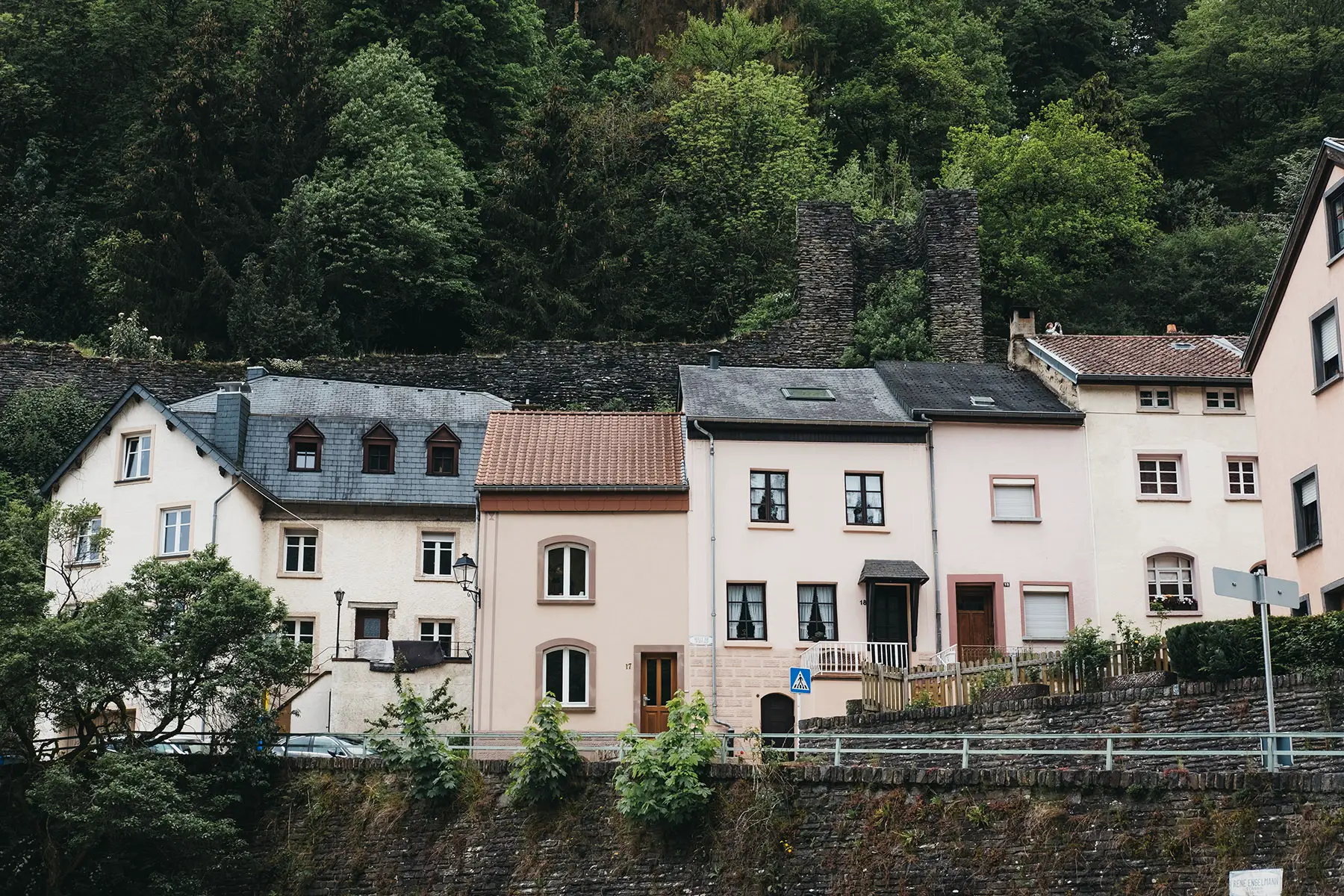If you’re an EU expat living in Luxembourg, you can choose between Luxembourg’s laws of succession of those of your home country. This guide to wills in Luxembourg includes advice on:
CurrencyFair
When planning for the future, make sure you keep your money secure and find the best rates for international transfers. CurrencyFair allow you to move your money abroad securely at just the touch of a button. Whatever your personal or business needs, find a rate that works for you at CurrencyFair.
Wills and estates in Luxembourg
As an expat living in Luxembourg, you have a range of options available to you when it comes to estate planning, from writing a Luxembourgish will to using one in your home country.
In Luxembourg, your estate is classified as any movable assets (such as cars and other belongings or cash deposits) and immovable assets (such as property).
Overseas property is generally subject to the taxation rules in the country in question, but movable property held in other countries can be subject to Luxembourgish law in some cases.
Inheritance law in Luxembourg
Luxembourg operates a system of forced heirship.
This means some relatives automatically have a claim on a proportion of an estate, regardless of what is stated in a will.
Typically, the deceased’s children take priority. If there is one child, they must receive a minimum of 50% of the estate. For two children, the minimum is 66.6%, and for three, it is 75%.

The spouse isn’t generally given a set proportion by law, although an agreement can be specified in the marriage contract in Luxembourg.
For example, a full communal property contract means that any shared real estate and assets will be allocated to the surviving spouse until he or she dies.
Dying without a will and unclaimed inheritance in Luxembourg
The remainder (or unreserved portion) of an estate is divided as specified within the deceased’s will.
If someone dies without a will in Luxembourg, the estate will be divided using Luxembourg’s standard laws of succession.
In this instance, the order of priority is as follows:
- Children
- The surviving spouse
- Parents and their descendants (such as nieces and nephews)
- Grandparents
- Other relatives
- The state
Rejecting assets and contesting a will in Luxembourg
If an heir wishes to reject an inheritance, they must file a notice of renunciation in the district court in their area.
Once an heir has formally rejected the inheritance, they no longer have any rights or obligations in the matter and their portion will be shared among the other heirs.
If an heir has been wrongly stripped of their reserved portion of the inheritance, they can contest this through the civil courts. All recipients of the estate must be involved in this process, which can take as long as 18 months.
If an heir wishes to dispute the validity of a will in Luxembourg (for example on the basis that the deceased was suffering from poor mental health when the will was written), this appeal needs to be conducted through the district courts.
Gifts before death
Gifts and donations before death are subject to both stamp duty and registration fees, which are generally payable by the recipient of the gift.
If properties are gifted they must be handled by a notary, and gifts of properties abroad will be subject to the taxation rules in that country.
The stamp duty and registration fee rates on movable and immovable assets range from 1.8% (for children of the donor) to 14.4% (between unrelated individuals).
You can find out more about gift tax in the Luxembourg government’s guide to gifts and donations.
Wills in Luxembourg
Expats living in Luxembourg do not have to make a Luxembourgish will, as authorities in Luxembourg will recognize wills drawn up in other countries as long as they comply with national regulations.
However, if you are a foreign resident and you haven’t stipulated in your will that you want your estate to be handled according to the laws of your country of nationality, Luxembourgish inheritance laws will apply if you die.
This means that if you have left proportions of your estate that aren’t in keeping with those reserved for statutory heirs, these amounts will have to be reduced.

Ultimately, you might want to consider making a will in Luxembourg if you own property in the country. This will save money and time in the event of death as you won’t have to get your national will translated or wait for the grant of probate.
You can choose to have two wills in Luxembourg – a Luxembourgish will and a will made in your own country – as long as one doesn’t accidentally revoke or negate the other.
It is best to consult with a solicitor first if you are thinking of doing this; there are a number of English-speaking lawyers in Luxembourg.
Types of wills in Luxembourg
There are three main types of wills in Luxembourg:
- Holographic will: handwritten will signed and dated by the testator.
- Notarially recorded will: a will received by two notaries, or a notary and two witnesses.
- Sealed or mystic will: will written by the testator, sealed in an envelope and then given to a notary in front of witnesses.
Joint wills are prohibited under inheritance law in Luxembourg.
Notarial wills and sealed wills are automatically registered. Holographic wills can be registered if they’re kept with a notary.
How to write a will in Luxembourg
The procedure for writing a will in Luxembourg varies depending on the type of will you choose.
Holographic will
The simplest and cheapest form of will in Luxembourg, although the easiest type to contest the validity of as it hasn’t been checked by a notary.
The will is entirely handwritten, dated, and signed by the testator.
Notarial will
This type of will is drawn up under the guidance of a qualified notary.
This is more expensive but ensures that the will complies with legal guidelines. The will is signed and given to a notary in front of another notary or two other witnesses and is filed in the national register of wills.
Sealed will
This will is drawn up independently and signed by the testator, then presented in an envelope by a notary who seals it in front of another notary or two witnesses.
The sealing is done by the notary to prevent any substitution or falsification and to ensure everything complies with guidelines. The will is filed in the national register of wills.
Executing a will and grant of probate in Luxembourg
As a system of universal succession applies in Luxembourg, the estate usually automatically passes to heirs without the need for probate.
There is no legal requirement to appoint an executor under inheritance law in Luxembourg but a testator may name one in their will if they wish.
If no executor is named or a person dies intestate, then a notary will be appointed to administer the estate. Local notaries in Luxembourg can be found on the Notaries Europe website. After a death, heirs will generally contact the notary to commence the administrative process.
The heirs will submit the will of the deceased, or if it’s not in their possession, ask the notary to access the central register of wills (in French) to see if one has been filed. Alternatively, the heirs can access the register themselves by presenting a death certificate.
After the death, each heir must file a declaration of inheritance with the Registration Duties, Estates and VAT Authority (Administration de l’enregistrement, des domaines et de la TVA – AED).
If the heirs disagree about how the estate has been divided, they can take legal action through the courts, which can take up to a year.
Getting your estate valued in Luxembourg
If you’re planning your estate in Luxembourg, it can be helpful to get a valuation of your assets.
There are many English-speaking lawyers and civil engineers who can take care of this process to you and provide you with a financial statement.
The valuation will usually take in the current value of the property and a projection of what’s likely to happen to the property’s value in the coming years.

For example, the sworn experts and civil engineers of Bureau d’Expertise Peyman Assassi are familiar with the different factors which affect the value of homes in Luxembourg to ensure that you obtain a useful and accurate estimate of your property’s current value.
Property valuations use the following criteria:
- The property itself (ecological and economical factors, neighborhood, condition of property, technical modernity, etc.).
- Assessment of the economic value (how will the value of the property possibly change in the coming years and decades; the timing that you choose to sell your house can play a big role in how much you are able to sell a property for).
Inheritance tax in Luxembourg
Inheritance tax in Luxembourg is payable on the estate of all tax residents. It is usually payable on the whole estate, with the exception of any properties owned abroad or movable assets taxed in a different country.
The AED collects inheritance tax. Luxembourg has no double tax treaties with other countries for inheritance and gift tax purposes.
Inheritance tax rates depend on the size of the estate, the relationship between the deceased and the beneficiary, and whether they regard the ‘reserved’ or ‘unreserved’ portion of the estate.
The current rates are as follows:
Inheritance tax rates on estates of up to €10,000
| Relationship | Tax (reserved portion) | Tax (unreserved portion) |
| Direct descendants/ascendants | None | 2.5–5% |
| Spouse/partner with children | None | None |
| Spouse/partner with no children | 5% | 5% |
| Siblings | 6% | 15% |
| Uncles, aunts, nieces, nephews | 9% | 15% |
| Adopting parents/adopted children | 9% | 15% |
| Great-uncles, aunts, nephews, nieces | 10% | 15% |
| Unrelated parties | 15% | 15% |
Inheritance tax rates on estates of more than €10,000
The basic inheritance tax rates above are higher if the portion of an inheritance is more than €10,000. They increase by the following amounts:
| Taxable amount | Percentage increase from base rate |
| €10,000–€20,000 | 10% |
| €20,000–€30,000 | 20% |
| €30,000–€40,000 | 30% |
| €40,000–€50,000 | 40% |
| €50,000–€75,000 | 50% |
| €75,000–€100,000 | 60% |
| €100,000–€150,000 | 70% |
| €150,000–€200,000 | 80% |
| €200,000–€250,000 | 90% |
| €250,000–€380,000 | 120% |
| €380,000–€500,000 | 130% |
| €500,000–€620,000 | 140% |
| €620,000–€750,000 | 150% |
| €750,000€–€870,000 | 160% |
| €870,000–€1,000,000 | 170% |
| €1,000,000–€1,250,000 | 180% |
| €1,250,000–€1,500,000 | 190% |
| €1,500,000–€1,750,000 | 200% |
| Over €1,750,000 | 220% |
Tips on planning your estate in Luxembourg
If you’re considering planning your estate or writing a will in Luxembourg, it can help to get advice from a solicitor or tax adviser in Luxembourg.
There are various ways to find an English-speaking specialist, including online services such as Worldwide Lawyers.
Useful resources
- Administration de l’Enregistrement et des Domaines: the department which administers inheritance tax (in French only)
- Notaries Europe: find a notary in Luxembourg





